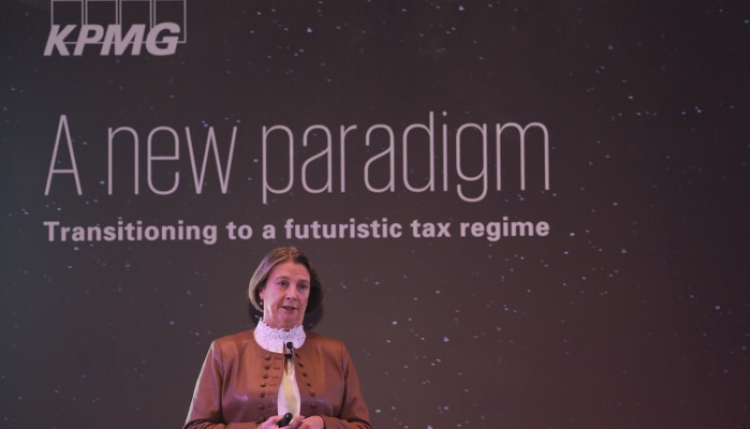Recent developments in the local, regional and global tax environment, including a growing focus on transparency and technological demands, are putting pressure on organizations to adapt to new norms. Against this backdrop, KPMG held the KPMG MESA Tax Conference to discuss issues and challenges currently facing tax functions in the GCC.
Established tax experts in the region discussed the impact of new regulations on businesses, including Jane McCormick, Global Head of Tax & Legal, KPMG International, who provided a global perspective on tax; Dr. Rasheed M. Al-Qenae, Head of Tax, KPMG Middle East and South Asia ; Ashok Hariharan, Head of Tax, KPMG Lower Gulf; and Wadih Abou Nasr, Head of Tax and Zakat, KPMG in Saudi Arabia and Levant cluster, who provided an overview of the economic and fiscal outlook and issues to be considered in the coming years.
Following the introduction of VAT in the UAE and KSA on 1 January 2018, both the Federal Tax Authority (FTA) and the General Authority of Zakat and Tax (GAZT) continue to release new guidance, as other GCC member states also gear up for the introduction of VAT.
The MESA Tax Conference addressed a number of issues related to VAT management, including automation and challenges, audits by the authorities, treatment for transactions with other GCC member states, lessons learnt from the 2018 implementation in UAE and KSA and the way forward.
The conference also focused on the impact of technology and how tax departments can evolve in the modern context. This includes introducing new technology capabilities that can give tax and finance leaders an edge in managing regulatory change, streamlining processes and leveraging the value of data.
Jane McCormick, Global Head of Tax & Legal, KPMG International, said: “The digitization of tax and the emergence of data driven technologies has changed how tax is collected and administered, how organizations manage their tax obligations, and the ways in which tax departments need to work. Effective data management is at the core of both solutions and challenges for organizations as they look to not only comply, but also make better business decisions. The MESA Tax Conference addressed the impact of the new reforms and offered clear approaches and data-driven solutions for businesses to adapt and succeed in a post-VAT environment.”
Transfer pricing is another area that is expected to put even more demands on tax teams in the coming years, as countries implement transfer pricing recommendations arising from the Organization for Economic Co-operation and Development’s (OECD) Action Plan on Base Erosion and Profit Shifting (BEPS). The conference also offered insights on Global Transfer Pricing developments and the critical role tax teams play in structuring the transfer pricing function within an organization.






